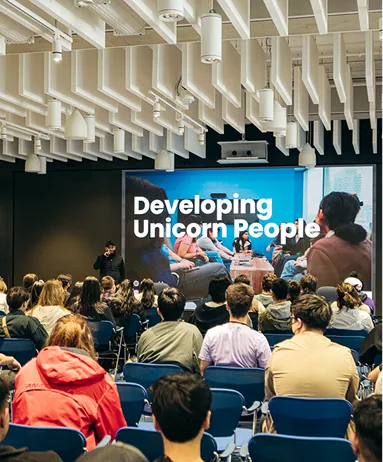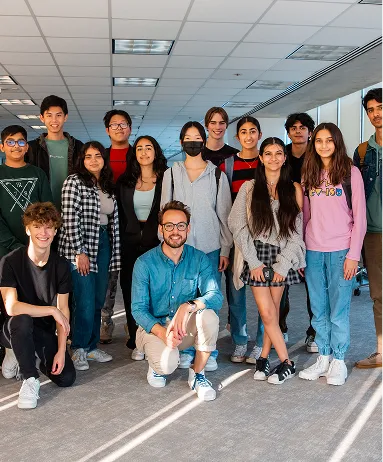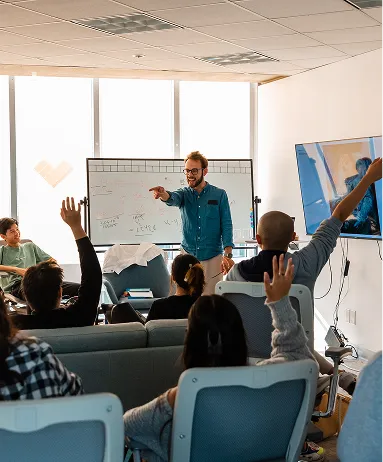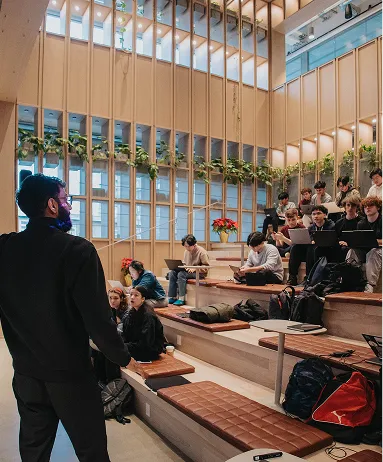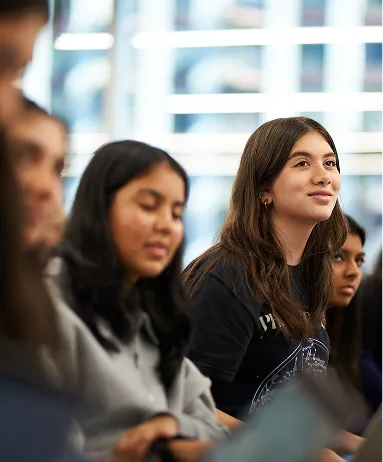High schoolers today are told a simple story:
Work hard. Get good grades. Get into a good university. Graduate. Land a job. Life = set.
It’s a story that’s been told for decades—and for decades, it mostly worked. But now? The system’s still running. The world it was designed for isn’t.
Let’s zoom out.
Most students graduate high school having spent thousands of hours prepping for university entrance. They’ve sacrificed creativity for conformity. Curiosity for correctness. They’ve been told their future depends on how well they perform on standardized tests—at age 17.
Then comes university. The cost? Tens or even hundreds of thousands of dollars. The reward? A degree—often earned in isolation from real-world experience, rapidly evolving technologies, or market needs.
Students graduate, often with debt, and realize they now need to figure out how to use their degree to get a job. They were trained to be excellent students. Not high-agency thinkers. Not builders. Not problem-solvers.
Worse, around 40% of grads land in jobs that don’t require a degree at all. Many spend the next 5–10 years just trying to pay off the education that was supposed to launch their career. And employers? They spend months retraining these new hires—not on advanced theory, but on the actual tools and skills needed to do the job.
By then, many grads leave for a better offer. The degree becomes a ticket to entry—not proof of competence. And the company that paid to train them? Left behind.
Where Is the System Actually Leading Us?
We’ve built an entire system around a narrow definition of success, optimized for a world of predictable careers and linear advancement. But we no longer live in that world.
Today, the highest-leverage skills aren’t memorization or regurgitation. They’re learning agility, systems thinking, the ability to self-manage and build in ambiguity. You can’t measure those with a multiple-choice test.
Students should be asking better questions. They should be building things that don’t exist yet, not studying for exams that measure how well they follow rules. They should be learning how to learn—rapidly, relentlessly—and applying knowledge in real contexts.
Instead, many are sacrificing their spark just to fill in the right bubbles.
Why We Need to Rethink Education Now
Education shouldn’t be about producing perfectly credentialed 22-year-olds. It should be about helping young people become confident, capable, and curious enough to tackle hard problems in the real world—starting now.
We don't wait for students to be “ready.” We don’t care where they go to school. We care about where they want to go—what they want to build, solve, contribute. And then we help them get there, by giving them the tools, mindset, and environment to do it.
Because we’ve seen what’s possible when students stop preparing for the future and start creating it. They launch startups. They win patents. They publish research. They speak on global stages. Not someday—now.
And they do it not because they followed the old story. But because they wrote a new one.
The World Has Changed, but Education Hasn’t
Let’s stop optimizing for a system built for a different time—and start designing one that unlocks potential, not just hands out diplomas.
Because the future won’t wait. And neither should we.
.avif)
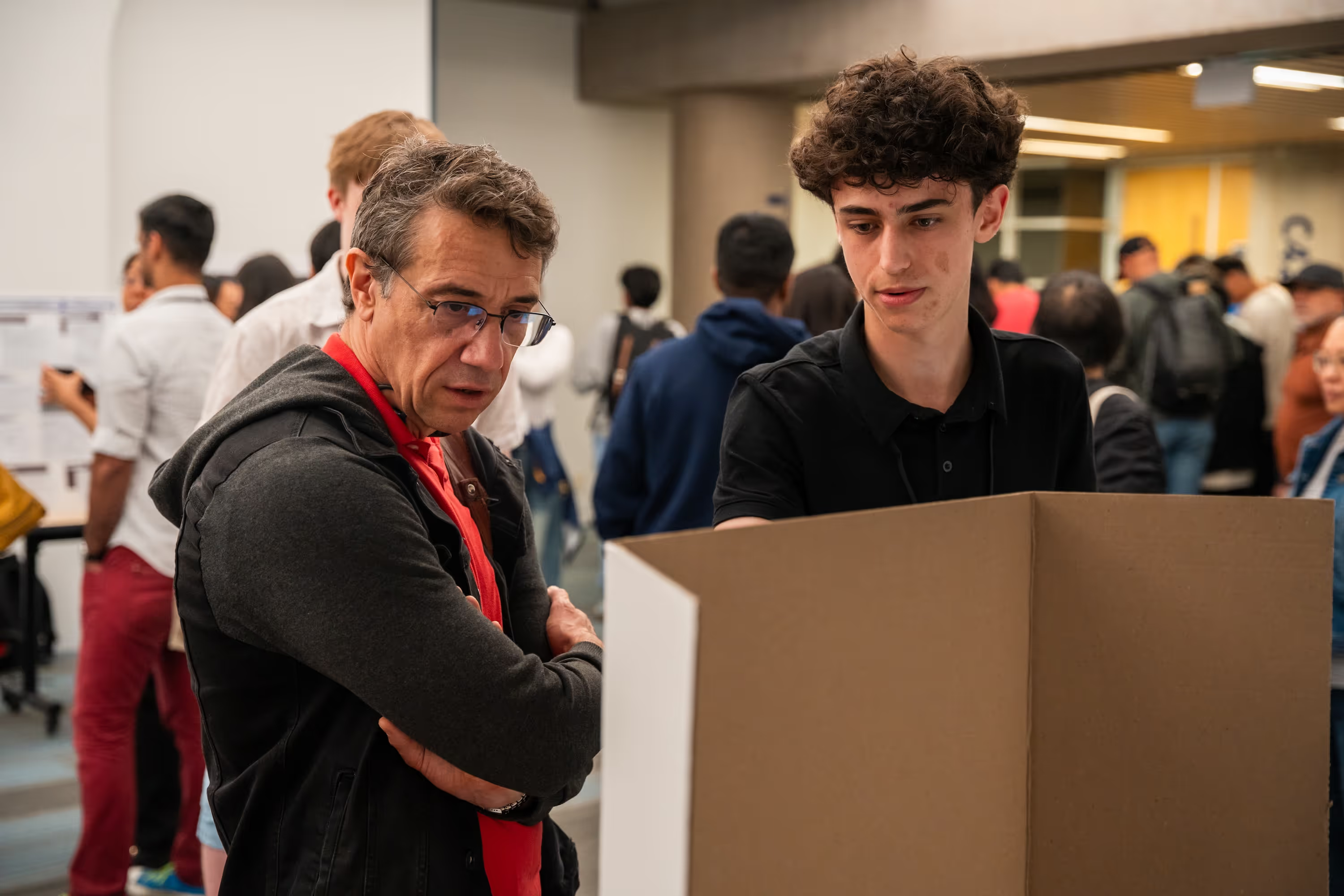
.avif)


